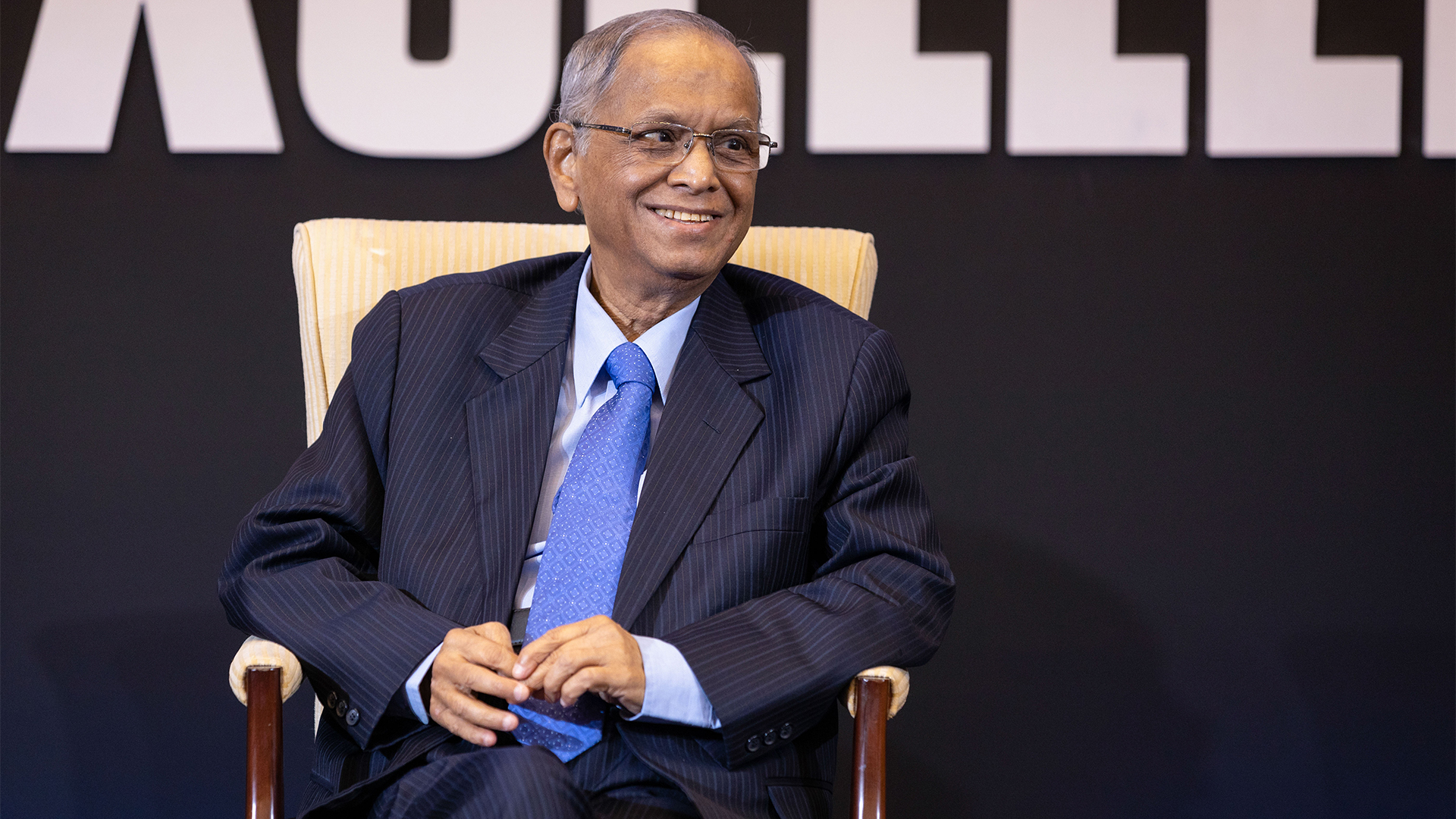Nearly half of tech workers are seeking new roles – declining employee benefits and reduced flexible working options have staff looking elsewhere
While salaries are rising for tech workers, other benefits are in decline, leading to a fall in job satisfaction


Sign up today and you will receive a free copy of our Future Focus 2025 report - the leading guidance on AI, cybersecurity and other IT challenges as per 700+ senior executives
You are now subscribed
Your newsletter sign-up was successful
A record number of tech workers are looking for a new job this year, as the benefits offered by employers decline.
In a survey carried out for career hub Dice, 47% said they were actively seeking new roles, marking a sharp rise from 29% last year.
Overall pay is rising, with the average technology professional salary hitting $112,521 in 2024, a 1.2% year-over-year increase. Meanwhile, AI and machine learning expertise is commanding a salary premium of up to 17.7%.
Silicon Valley maintained the highest tech salaries, despite a 7.3% year over year decline.
Manufacturing was the sector where tech salaries showed the highest growth, at 15.1%, while consulting, software, and banking/finance remained the highest-paying industries, each with average tech salaries of more than $125,000.
Notably, mid-career professionals with three to five years' experience saw 6% salary growth. This growth hasn't translated into increased satisfaction, however, with tech workers’ satisfaction with their compensation hitting a new low in 2024.
"While compensation remains important, tech professionals are increasingly focused on the total package — from benefits to job security to professional development opportunities," said Art Zeile, CEO of Dice parent company, DHI Group.
Sign up today and you will receive a free copy of our Future Focus 2025 report - the leading guidance on AI, cybersecurity and other IT challenges as per 700+ senior executives
"This presents both challenges and opportunities for employers looking to attract and retain top tech talent in 2025."
AI and machine learning are seen as the most significant technological change of the past two decades, cited by 36% of tech professionals with over 20 years of experience. Cloud computing and virtualization, at 15%, and mobile technologies at 8% rounded out the top three.
Tech professionals working in these areas are not only earning more than their peers not involved in AI work, they also reported higher job satisfaction levels.
However, the report found that six-in-ten tech professionals feel underpaid — the highest percentage ever recorded in the survey. This, Zeile noted, may be linked to the fact that companies have been reducing benefits across every category, from health insurance to professional development opportunities.
RELATED WHITEPAPER

"We're seeing a clear disconnect between what tech professionals value and what they're receiving from employers," he said.
"Organizations that can bridge this gap, particularly in areas like remote work flexibility and professional development, will have a significant advantage in attracting top talent in 2025."
Training and education opportunities dropped by six percentage points in 2024, with remote work options declining by four percentage points year-over-year.
Meanwhile, only 36% of tech professionals received merit raises, down from 41% in 2023.
"The reduction in benefits, particularly in areas like professional development and flexible work arrangements, may be contributing to the unprecedented levels of job seeking we're seeing," said Zeile.
"As we mark twenty years of tracking tech careers, it's clear that while we've made progress in some areas, companies need to recognize that in today's tech hiring market, they need to deliver on the total employment package to find and retain the best tech talent."
Some do see improvements on the horizon though, with women in tech with over two decades of experience nearly 1.5 times more likely than their male counterparts to say work culture has improved over the past 20 years.
"This finding suggests real progress in workplace culture," said Zeile. "However, with only 48% of all seasoned tech professionals saying culture has improved, there's still significant work to do in this area."
Emma Woollacott is a freelance journalist writing for publications including the BBC, Private Eye, Forbes, Raconteur and specialist technology titles.
-
 Buoyed by OpenAI partnership, Snowflake teases more big things to come
Buoyed by OpenAI partnership, Snowflake teases more big things to comeNews Snowflake’s executive vice president of product highlights key innovations that are being brought to market at super speed
-
 The agentic identity crisis
The agentic identity crisisITPro Podcast With millions of AI agents being deployed, how can security teams maintain oversight and governance?
-
 Gender diversity improvements could be the key to tackling the UK's AI skills shortage
Gender diversity improvements could be the key to tackling the UK's AI skills shortageNews Encouraging more women to pursue tech careers could plug huge gaps in the AI workforce
-
 Global IT spending set to hit a 30-year high by end of 2025
Global IT spending set to hit a 30-year high by end of 2025News Spending on hardware, software and IT services is growing faster than it has since 1996
-
 Tech consulting market tipped to surpass $400bn in global revenue in 2026
Tech consulting market tipped to surpass $400bn in global revenue in 2026News A new report from Source Global Research reveals an increased appetite for tech consulting services as businesses look to upgrade hardware and tools
-
 Infosys co-founder Narayana Murthy called for a 70 hour week last year — now he says that’s not enough
Infosys co-founder Narayana Murthy called for a 70 hour week last year — now he says that’s not enoughNews Murthy thinks longer hours akin to China’s '996' approach are the key to success
-
 Chief data officers believe they'll be a 'pivotal' force in in the C-suite within five years
Chief data officers believe they'll be a 'pivotal' force in in the C-suite within five yearsNews Chief data officers might not be the most important execs in the C-suite right now, but they’ll soon rank among the most influential figures, according to research from Deloitte.
-
 UK firms are pouring money into AI, but they won’t see a return on investment unless they address these key issues
UK firms are pouring money into AI, but they won’t see a return on investment unless they address these key issuesNews An SAP report projects increased AI investment, but cautions that too many organizations are taking a fragmented approach
-
 Varonis snaps up AI email security specialist SlashNext
Varonis snaps up AI email security specialist SlashNextNews The vendor will integrate SlashNext’s phishing and social engineering detection capabilities into its Data Security Platform
-
 Microsoft could be preparing for a crackdown on remote work
Microsoft could be preparing for a crackdown on remote workNews The tech giant is the latest to implement stricter policies around hybrid working without requiring a full five days in the office
